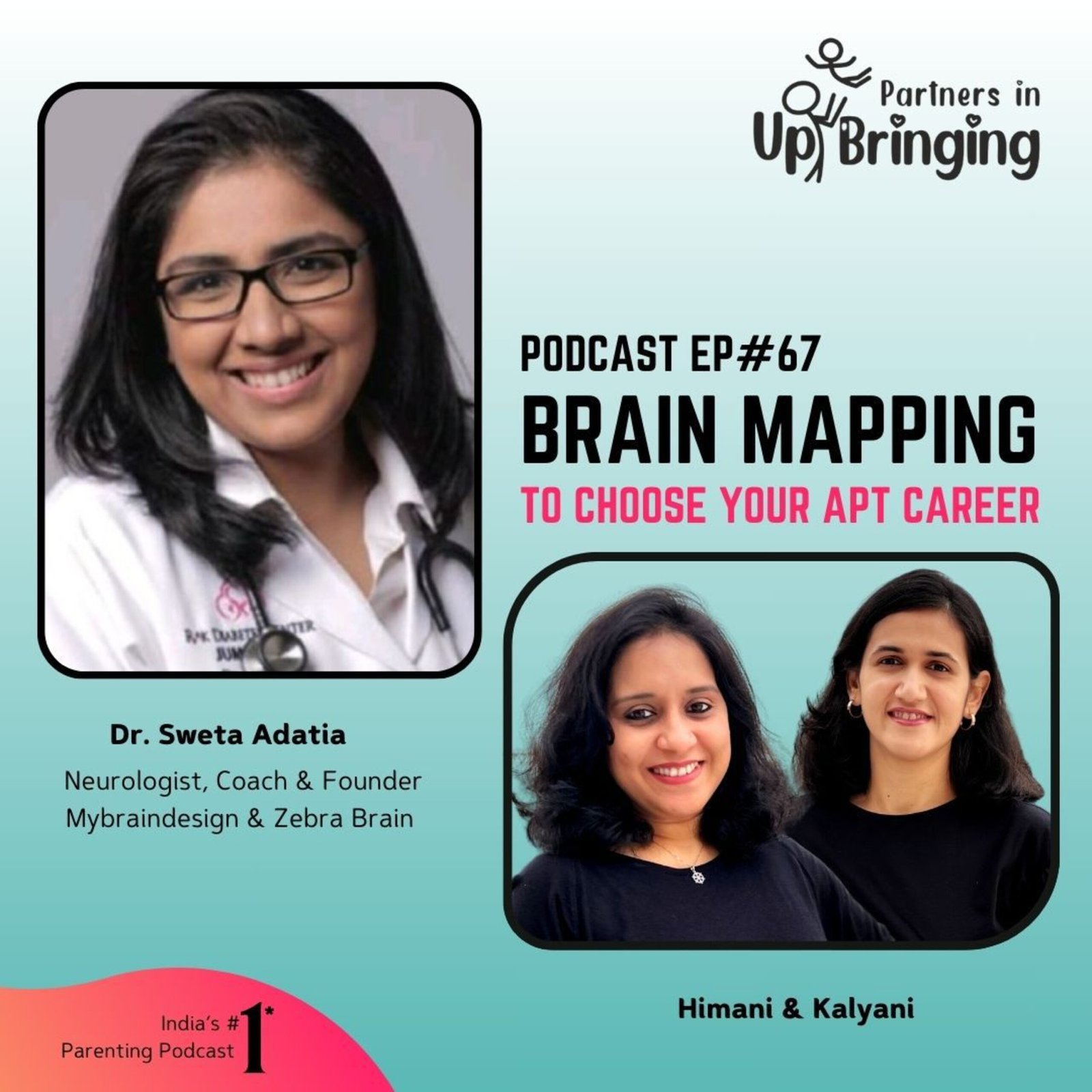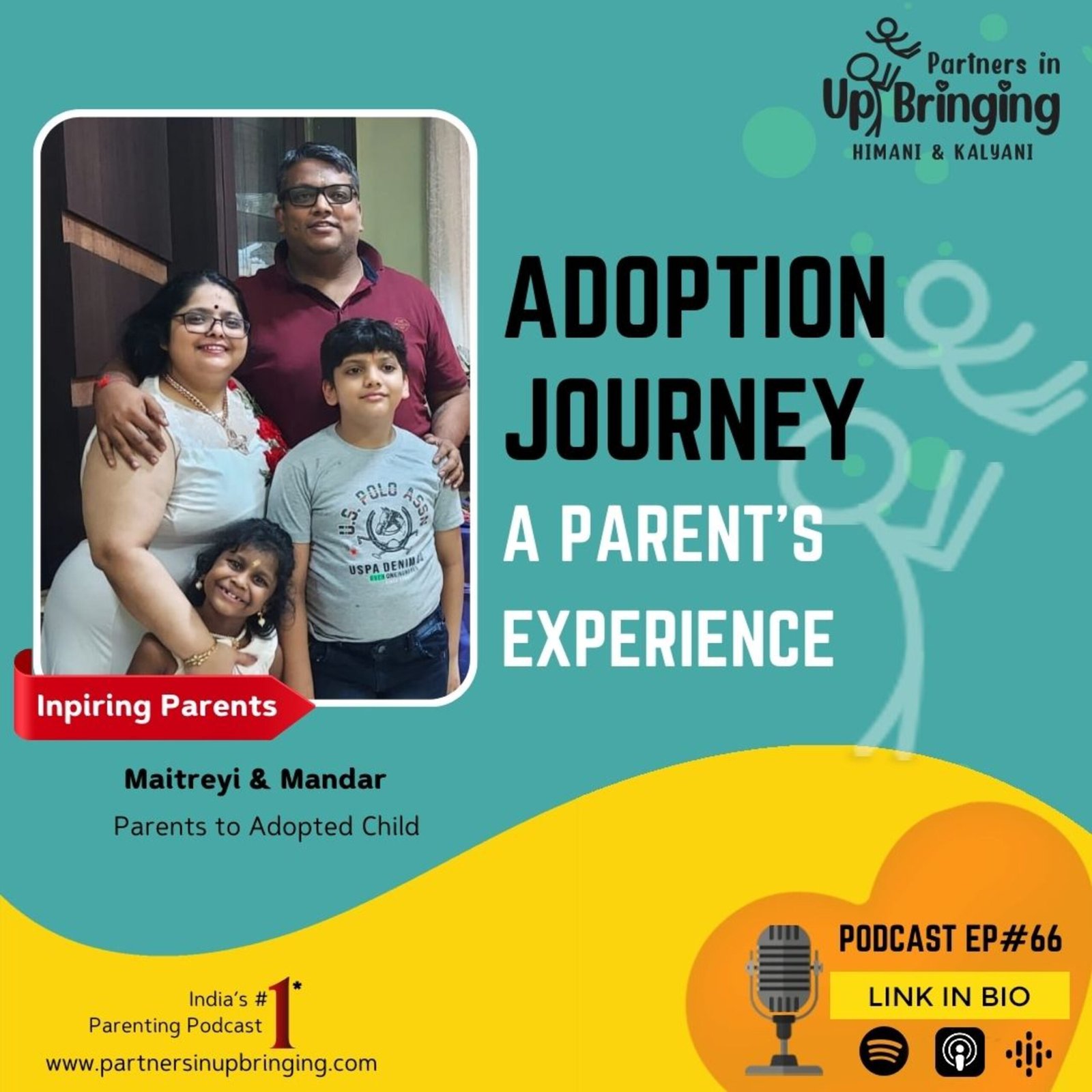By Rajan Nazran and a special thank you to West Midlands Kabaddi
I was born in Handsworth, Birmingham in the early 80’s and whether for the good or bad, the area has changed dramatically. Since leaving and travelling the globe with my work, I have always had a sentimental affiliation with my place of birth. It’s a region that is known across many corners of the world; the Indians I met in Portugal knew or had relatives in Handsworth; in St Lucia I met a lady who literally grew up around the corner from where I did; in St Kitts and Nevis many of the prominent lawyers studied in Birmingham and would recall stories of their time playing cricket in Handsworth’s famous park; in some political circles including when the (late) PM of Ethiopia Meles Zenawi teased me for being born in mini India and President Michael Sata of Zambia reminiscing about his visit to Soho Road to me many years ago. In summary, Handsworth is known.
For a small town in the UK, Handsworth and the midlands punches above its weight in so many ways and its notoriety is not simply left to the music halls of Punjabi fame. Do not get me wrong. Handsworth and the region are far from perfect. Even growing up there were deep fractions in the community, with a variety of political ideologies being present across my own community. There were hardly any active community groups that were genuinely open for all or aimed at bringing everyone closer together in a practical way. Just walk through on any religious events and you will, unfortunately, see a plethora of subdivided “isms” staring you in the face. Furthermore, like many places, it’s a region that also suffers heavily with mental health issues, domestic violence, drug abuse and alcoholism, with not enough in my mind being done to change that. It’s a shame because for me the Midlands could represent the beating heart of diversity that in many ways outshine London, but finally there is one group that is starting to change that through the power of a surprising sport – KABADDI!
Yes, I know, even when I think about Kabaddi the images that would typically conjure up in my mind’s eye is a group of slightly obese, thigh-thumping middle-aged men running around half-naked with fleshy slaps echoing across a field and the fragrant use of Punjabi swear words for good measure. So, when I took on the open invitation from Midlands Kabaddi to come to one of their training sessions, I was evidently slightly nervous. More so, the laughs from my colleagues and friends alike seem to have matched my own sense of insecurity - the running joke was that I could head straight into the heart of Ebola for a month and come away unscathed, but 1 hour with these guys I’d return bruised, battered, broken with a colourful tongue of foul Punjabi language. Even my parents and their neighbours alike said it might be best that I try and sit this one out, but come on… from the online videos it can’t be that bad… can it? My wife positively dared me to come back without a scratch so I had to accept.
The journey-
Driving towards Dartmouth park I was not sure what to expect; its unnervingly very quiet. Even the birds seemed to be at peace there. As soon as I hit the grounds, I could see over 30 people running up and down with military graceful precision, each looking more akin to MMA fighters than the obese thoughts typically associated to Punjabi Kabaddi. As I start to join in with the extensive warm up, you really become in tune with the key principles that the coaches are teaching; this sport is about mental and physical connection - get your mind right and the rest will follow.
The warm up
As we warm up with deep lunges across the field you get the sense of the genuinely healthy interaction that everyone has with each other. Words of positive encouragement and of course a few groans of intense stretching pains, whether younger or older, reassuringly feels good especially with my own grey hairs coming through. We are then all placed into groups to train together with exercises ranging from guided sprints, quick turns and improving reaction speeds. We are then taught simple wresting moves that would aid us on the field along with navigating our footwork for defence. I am teamed up with a young lad (whose typical demographic would lead many social scientists to suggest a social media addict), who evidently had an ignited passion for the sport. He patiently helped me get my movements right and as I glanced over my shoulder, I see everyone assisting each other. It’s an astonishingly incredible moment. This is an organised free, voluntary sport unlike other paid sporting membership or even religious setups. It’s a group of people wanting to do better for their community and themselves and get together 3 times a week in an open park with strict rules on etiquette – no swearing, no alcohol, no drugs and to turn up with a positive mindset. The training is tough and there’s an undercurrent of competition between pairs and groups. It’s all joyful and by judging the amount of sweat and laughter taking place, it’s also both emotionally and physically healthy.
I must say, at this stage, I am a convert to the sport. You can see why this new vigour that Midlands Kabaddi is providing is pushing the boundaries further.
Short game
As it was a training day, we had around 15 minutes spare towards the end to play a quick game. The parameters were set and groups formed. Unlike the national Kabaddi played, Punjabi rules differ in the sense that it’s a 1 on 1 format rather than team v1. Rather than re-invent the wheel there is a great explanation via Sikiwiki…
“In the Amar form of Kabaddi, each team consists of 5-6 stoppers and 4-5 raiders. At one time, only 4 stoppers are allowed to play on the field. Every time a stopper stops the raider from going back to his starting point, that stoppers team gets 1 point. on the other hand, every time the raider tags one of the stoppers and returns to his starting point, his team gets one point.
At one time, only one of the stoppers can try to stop the raider. If more than one touch the raider, an automatic point is awarded to the raider's team. If the stopper is pushed out by the raider or vice versa, then the team whose member is still in the field gets a point. If both the raider and the stopper go out, the result is a common point, where nobody gets a point.
There is a 30 second time limit for the raider from the moment he leaves until he returns to his starting point. This rule was only recently introduced (1994) after controversy with some raiders abusing the old system where they were able to struggle through a point until they ran out of breath from repeating the word kabaddi” https://www.sikhiwiki.org/index.php/Kabaddi
It was my turn to be a raider, and as I went in against a team that looked more akin to spartan warriors with shoulder straps, ear guards and flowing hair, I took the plunge. Feeling the grass on my bare feet I manoeuvre myself into the group of 4 trying to keep in mind the suggestions being thrown my direction from one of the coaches father. I strike and as soon as I try to escape, I am taken down by a double leg lock. Yes, I am defeated in a cruel uncompromising way as I try to escape whilst consciously knowing I probably resemble a fish out of water flapping everything but my trapped legs. But its not all lost as I go in for 2 more goes taking turns with the pros who make it look seamlessly easy and I manage to score 2/3 points.
Maybe there is a kabaddi player in me yet.
Lessons learned
Unlike the ideas that are stereotypically formed, Kabaddi takes a new range of physical fitness to play. It is both a physical and mental sport that involves teamwork and trust, whilst relying on personal strategy and athletics to enable you to manoeuvre through. It is also a powerful way to bring a group of people who would normally never meet in this typical setting together. The fact that this is all free is somewhat even more admirable. The coaches dedicate their time and energy to the group and in turn, the group benefits from time outdoors, physical fitness, mental discipline, and above all the bond, something of a rarity when you consider the digital age in which we live in. It’s 6 hours in the week where a community does what a community should do, come together! The group of people are incredible. I just wonder how much more could be done if they had support from the local council so they could continue during the winter months. It’s a sport of kings and with the advent of MMA and BJJ, it’s becoming even more interesting to see how it continues to evolve.
I would suggest any newcomer and sporting professional alike to join in. The guys at Midland Kabaddi have a deep passion and determination to change the social structure of the Midlands for the better and have dedicated their time for the improvement of others.
If you are interested in learning more or even sponsoring them on their quest to support more youth have a look at their Instagram
@midlandskabaddi.
-------------------------------










